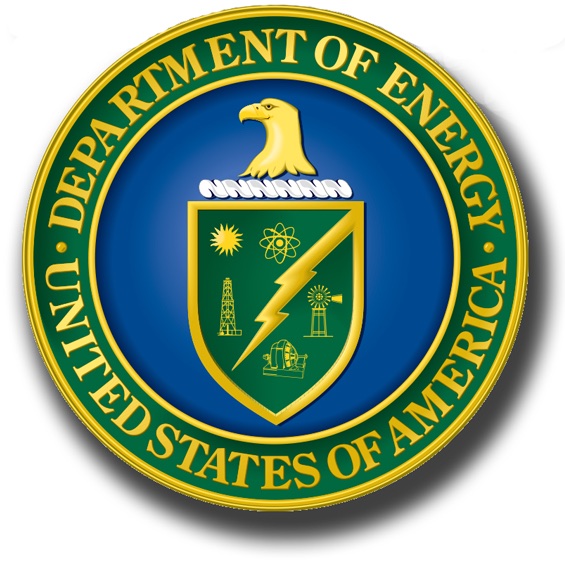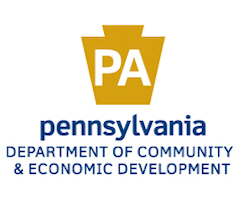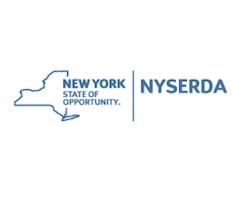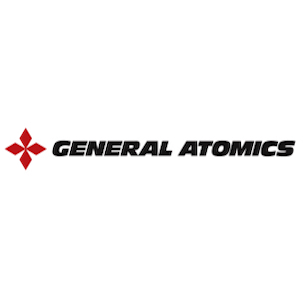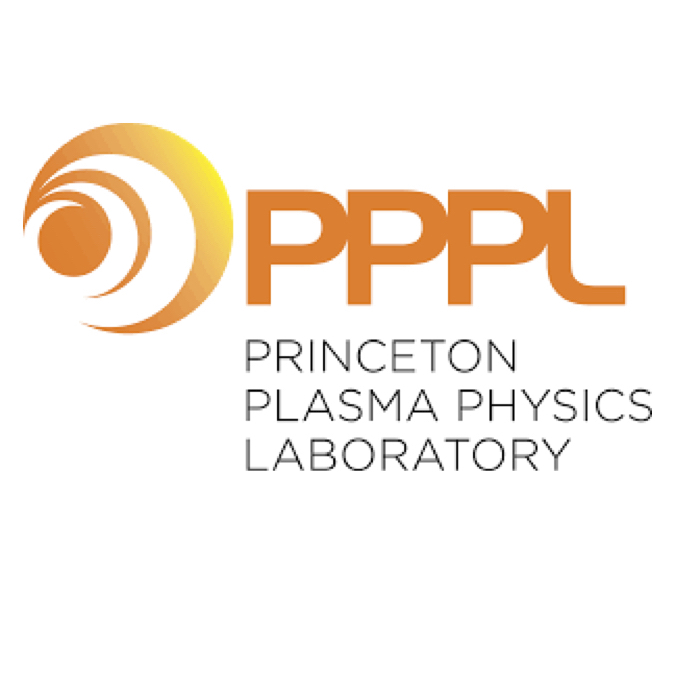Assessing Model-based and Learning-based Strategies for Active Density Regulation in ITER
S.T. Paruchuri, H. Al Khawaldeh, V. Graber, Z. Wang, N. Rist, I. Ward, T. Rafiq, E. Schuster, A. Pajares, J.W. Juhn
66th Division of Plasma Physics (DPP) Annual Meeting of the American Physical Society (APS)
Atlanta, GA, USA, October 7-11, 2024
Precise density regulation will be crucial for achieving and maintaining the desired burning plasma regime in ITER. Regulation solutions can be broadly categorized into two categories: (i) model-based and (ii) learning-based. The model-based approach leverages plasma-density response models and control theory to develop feedback controllers. Control theory provides tools for rigorous analysis, allowing for a detailed understanding of the plasma-density behavior in the presence of model uncertainties and diagnostic errors. Conversely, the learning-based approach utilizes experimental data from present devices or synthetic data generated by predictive simulators to synthesize the controller. This approach offers flexibility in handling the additional complexity arising from the integration of other control objectives and various density constraints while maintaining the computational efficiency needed for the ITER plasma control system (PCS). In this work, density-regulation solutions based on both methodologies are developed, and numerical simulations based on the ITER baseline scenario are utilized for a practical comparison. The strengths and limitations of both density-regulation approaches are examined.
*Supported by the US DOE (DE-SC0010661, DE-SC0010537).

